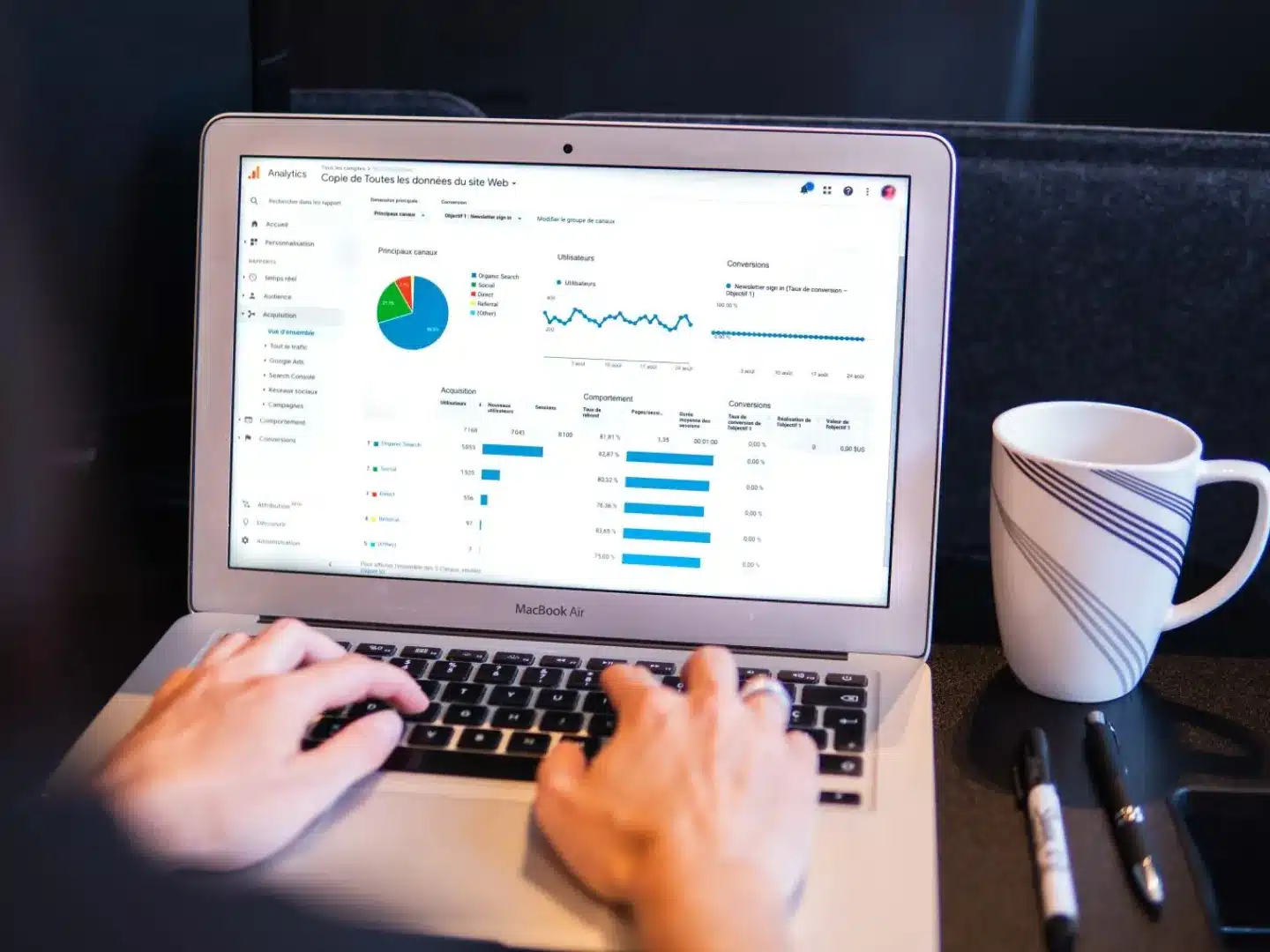Get More From Your Lead Forms – Facebook vs Web Traffic

Great marketing is capturing the right audience at the right time. Within digital marketing, much of this comes from lead generation forms. A lead generation form is a bunch of gleaming white boxes that individuals can fill their details into, sending those details to your company. What would compel someone to do this? Mostly because you offer a product or service they want.
The two most prominent platforms to create lead forms are your website or Facebook (or both!). While the result seems identical – a submitted form – they differ greatly in the audience you attract.
When should I use Facebook lead forms?
Facebook’s greatest quality is its ability to get your ad and company in front of large quantities of eyes. As far as the marketing funnel goes (see below image) when you create a Facebook lead form, expect to attract consumers in the upper funnel stage, primarily lower involvement generation. It’s lower involvement as customers aren’t moving through your website where they’d be able to get an in-depth idea of your brand’s identity, products and services – which is critical to creating meaningful engagement.
If you want to quickly capture large quantities of details, Facebook provides the opportunity. Competitions are an effective way of rapidly growing your database, with personalised discount codes being another. You can then re-engage through email campaigns. In short, you’ve been given the foot in the door to create a meaningful relationship.
What are the negatives of Facebook lead forms?
Let’s take the example of a car dealership. A common lead generation form used in this industry is for potential customers to fill out test drive forms. This is available to a wide selection of people, and the chances are that quite a few will submit their details for a test drive. You’ll follow up, and a portion of those leads will result in test drives, and then a far smaller number will result in car purchases.
Facebook’s detraction is a lack of high-quality, motivated leads. You’ll get some, but those who find their way to your website, learn about your brand, read case studies and then submit a lead form are far more likely to result in conversations.
When should I use web traffic forms?
That’s the perfect segway into our next topic (how did that happen?) – lead generation through web traffic. Put simply, these are the forms you scatter across various website pages, each with the same goal of capturing the details of prospective customers or clients.
What’s the defining benefit of web traffic forms? We’ve touched on it, but the biggest drawcard is that pushing traffic through your website allows you to curate your customer experience, which is key to creating not only conversions but meaningful connections and long-term client/business relationships.
Your leads are higher quality than those generated on Facebook because your web traffic has a better idea of how you can give them what they’re searching for (and that’s what it’s all about).
What are the negatives of web traffic lead forms?
As you can probably already surmise, web traffic lead generation is a far more nuanced and involved process than its counterpart. You’re not just throwing a giant net in the ocean, hoping to drag in a fish (along with a disintegrating boot, mountain of seaweed, and lost snorkel). No, a web traffic lead form is a cast from a professional standard fishing rod into a school of eager, hungry fish – the exact type you’ve come to get.
This bespoke approach takes time and resources – you have to invest in order to get results.
Conclusion
Facebook and web traffic lead generation can both be effective methods of marketing. What matters is knowing what you want and how to utilise each best. While Facebook lead forms will get you greater numbers, and web lead forms will get you higher quality, much of the time they can be deployed in tandem to maximise your results.
If your focus is always on making the consumer experience as hassle-free and beneficial as possible, you’ll find yourself getting conversions in no time. Have a look at our e-commerce blog for more insights into the world of digital marketing.
Keep Reading
 Digital Marketing
Digital Marketing
How to Move to Google Analytics 4 (GA4): Avoiding Mistakes and Maximising Insights
 Ecommerce
Ecommerce
What You Need to Know About Black Friday 2021 – Insights and Analysis
 Ecommerce
Ecommerce